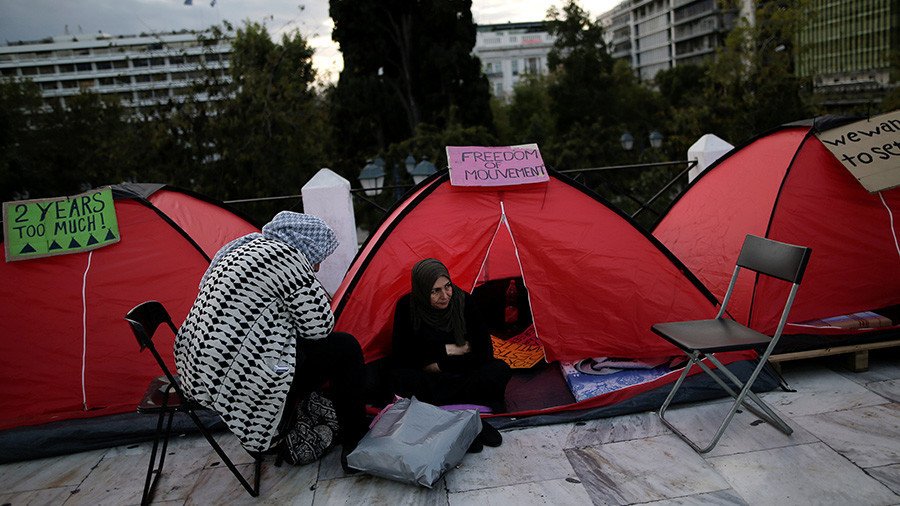Second wave of refugees will sweep Europe, says UN food chief

Europe may face a second wave of migration as the situation in refugee camps in Africa and the Middle East is only getting worse, the head of the UN World Food Programme said. He added there is a clear link between hunger and migration.
Living conditions, mostly food distribution, in refugee camps in crisis-affected regions had deteriorated dramatically before the European migrant crisis struck in 2015, David Beasley, the executive director of the World Food Programme (WFP) told German newspaper Die Zeit.
“We paid a heavy price for this mistake and I'm afraid we're about to make it once again,” Beasley believes. According to the UN food chief, while many asylum seekers wanted to stay in their home region, the lack of food has driven them away. “If they don’t have enough food, they will leave. And many of them would go to Europe,” Beasley said.
While the UN has been seemingly making progress in fighting world hunger over the last 10 years, the number of people suffering hunger worldwide has now dramatically increased again, Beasley said, adding that the food crisis is caused mainly by wars and climate change. Yemen is threatened by famine because Saudi Arabia is blocking the country’s ports, preventing aid deliveries, Beasley said, urging Gulf countries not to stand aside but instead join the food aid program for crisis-stricken regions.
A WFP report from March says that some 108 million people across the globe faced “crisis food insecurity or worse,” a dramatic increase from 2015 when the figure was 80 million. The document says that major food crises were fueled by “conflict, record-high food prices and abnormal weather patterns.”
The number of asylum seekers in the EU during the second quarter of 2017 reached 149,000, according to statistical data from Eurostat. The applications mainly came from Syria, Nigeria and Afghanistan. Germany, Italy, France, Greece and the UK account for almost 80 percent of all first-time applicants in the union, the data shows.














